A computer capable of achieving quantum advantage – a demonstration of supremacy over conventional machines – is the first that anyone can use over the internet.
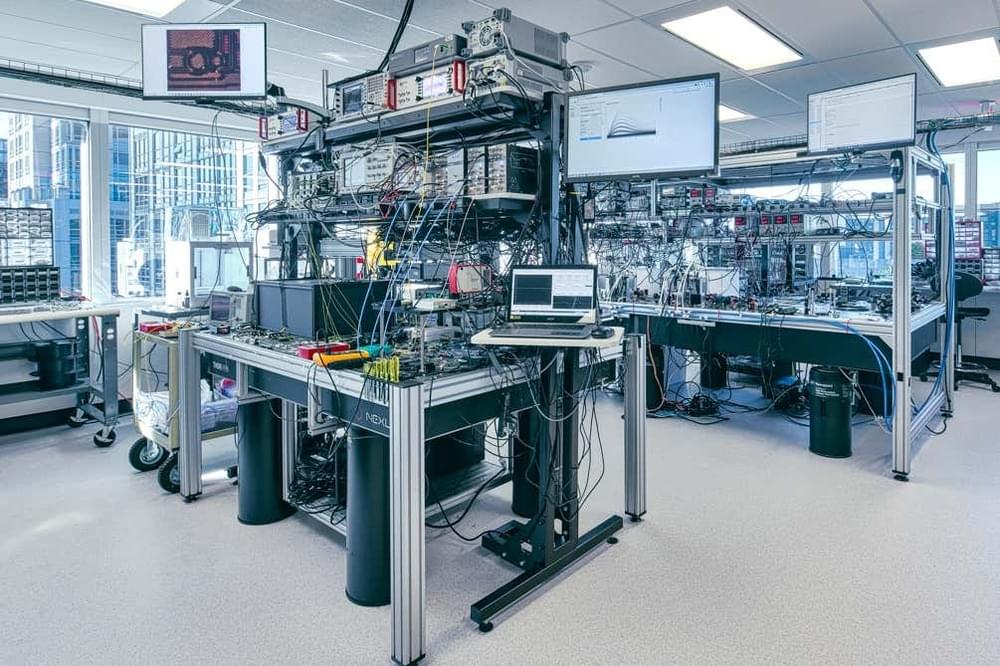


For the first ever time, MIT scientists have quantified the temporal coherence (lifetime) of graphene qubits-meaning to what extent it can keep up a special state that enables it to speak to two coherent states at the same time.
As of late, specialists have been incorporating graphene-based materials into superconducting quantum computing gadgets, which guarantee quicker, progressively proficient computing, among different advantages. Up to this point, be that as it may, there’s been no recorded coherence for these advanced qubits, so there’s no knowing whether they’re feasible for practical quantum computing.
In a new study, scientists demonstrated a coherent qubit made from graphene and exotic materials. These materials empower the qubit to change states through voltage, much like transistors in today’s traditional computer chips — and not at all like most different kinds of superconducting qubits. Also, the specialists put a number to that coherence, timing it at 55 nanoseconds, before the qubit comes back to its ground state.
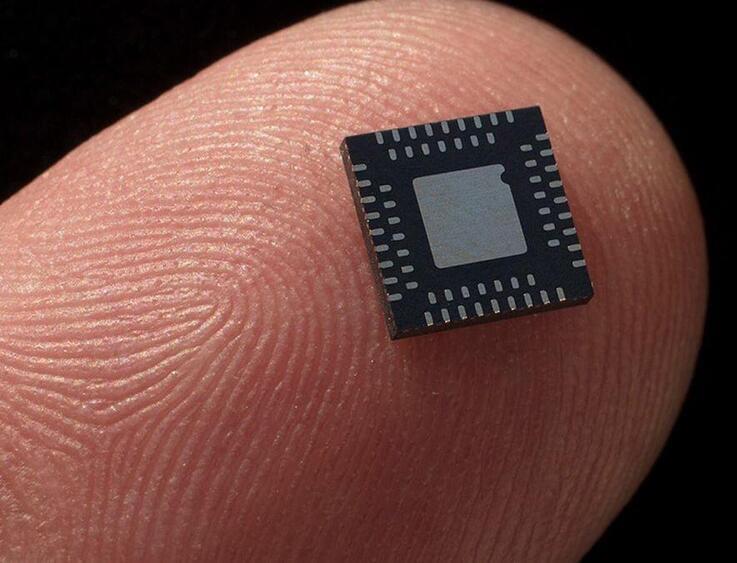

China has to have the capability to identify and destroy SpaceX’s Starlink satellites, according to Chinese military experts in a report released in April. The research, headed by Ren Yuanzhen of the Beijing Institute of Tracking and Telecommunications, was published in the Chinese peer-reviewed journal Modern Defence Technology. The publication inexplicably disappeared from the online version of The South China Morning Post after The South China Morning Post reported on its contents.
David Cowhig, a former US ambassador, was able to complete the translation of the document before it vanished, which allowed him to uncover a number of preventative steps that were suggested to be taken against Starlink. According to the study, China has to “use a mix of soft and hard kill measures to disrupt the operating system of the constellation and deactivate part of the Starlink satellites.”
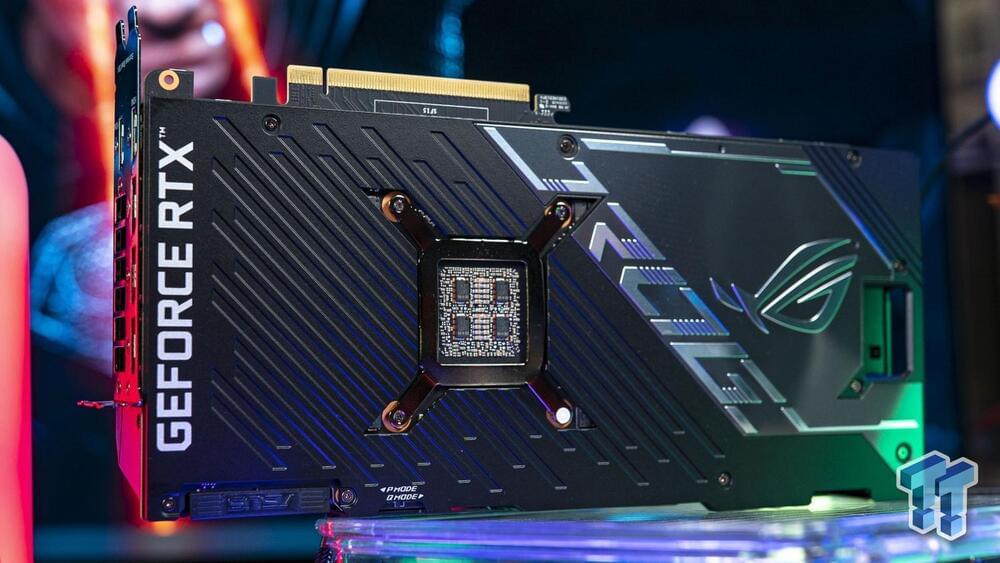
We might be consumed with CPU news with AMD’s upcoming Zen 4-based Ryzen 7,000 series CPUs, teasing a 16-core engineering sample at 5.5GHz+ but now we’re back to GPU rumors again with NVIDIA reportedly launching the higher-end GeForce RTX 4,090 first.
According to the latest from leaker “kopite7kimi”, NVIDIA will reportedly launch the GeForce RTX 4,090 first, then the GeForce RTX 4,080 and GeForce RTX 4,070 after. This would break tradition, as NVIDIA normally launches the x080 and x070 series GPUs first, followed by the x090 series GPU… but the RTX 4,090 launching first makes sense.
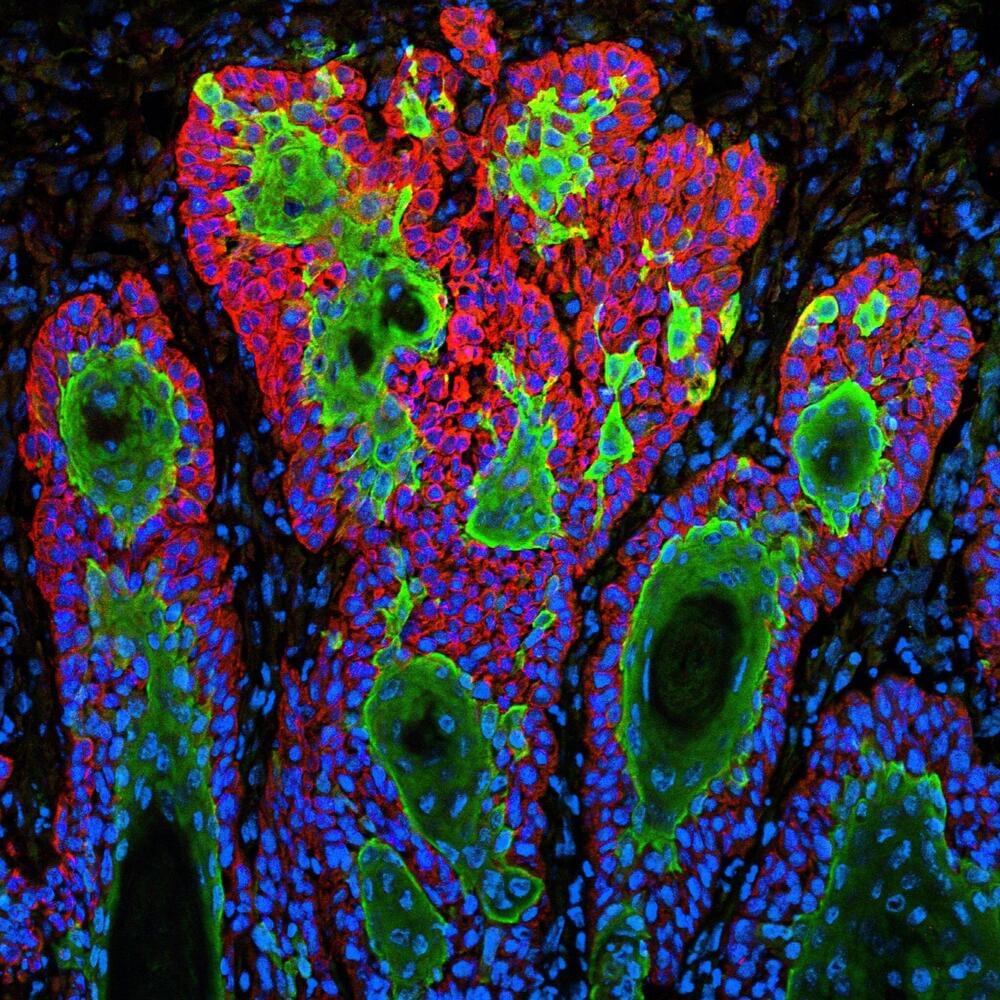
Just as it’s hard to understand a conversation without knowing its context, it can be difficult for biologists to grasp the significance of gene expression without knowing a cell’s environment. To solve that problem, researchers at Princeton Engineering have developed a method to elucidate a cell’s surroundings so that biologists can make more meaning of gene expression information.
The researchers, led by Professor of Computer Science Ben Raphael, hope the new system will open the door to identifying rare cell types and choosing cancer treatment options with new precision. Raphael is the senior author of a paper describing the method published May 16 in Nature Methods.
The basic technique of linking gene expression with a cell’s environment, called spatial transcriptomics (ST), has been around for several years. Scientists break down tissue samples onto a microscale grid and link each spot on the grid with information about gene expression. The problem is that current computational tools can only analyze spatial patterns of gene expression in two dimensions. Experiments that use multiple slices from a single tissue sample—such as a region of a brain, heart or tumor—are difficult to synthesize into a complete picture of the cell types in the tissue.

Jesper AndersonNo. Nobody can “leave their body”. There is no evidence what so ever that this is possible.
What can be done is, copy many of your attributes and create a copy which behaves very much like you. But that’s simply an advanced method of writing a book. I… See more.
Craig Everett JonesAlthough neurons are much like transistors, our emotions are not just ones and zeroes. We feel things in our gut. I think singularity fans are grossly underestimating the dependencies between human consciousness and organic physiology. And, your b… See more.
View 7 more comments.
Len Rosen shared a link.
With COVID are we at the beginning of the end or the end of the beginning? https://jamanetwork.com/journals/jama/fullarticle/2793011?gu…erm=052722
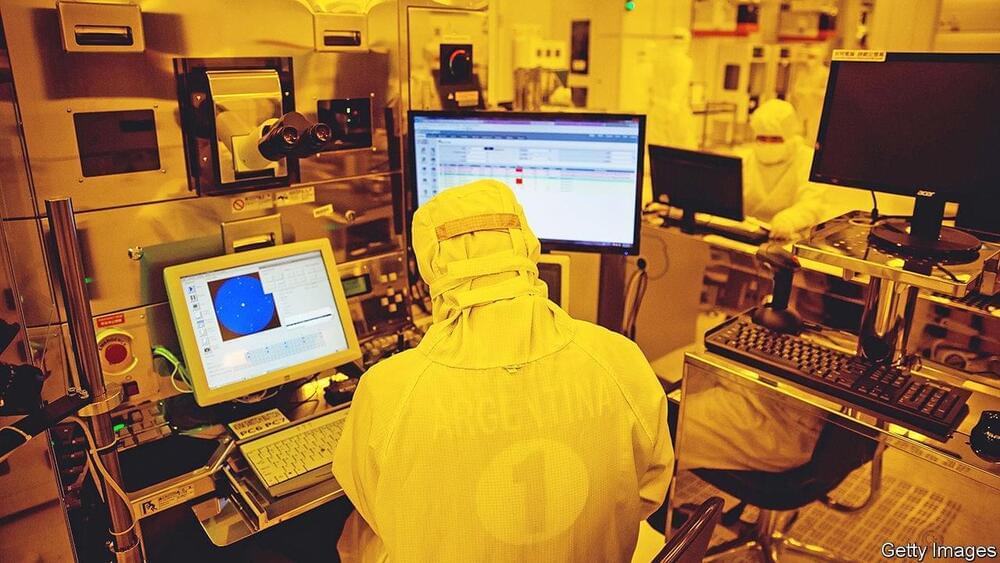
Today we’re going to shine some light on Lumen, the fully dynamic global illumination and reflections system featured in Unreal Engine 5.
Our latest tech blog… See more.
Hi, we’re Daniel and Krzysztof, engineers working on Lumen is Unreal Engine 5’s fully dynamic global illumination and reflections system, which is enabled out of the box. It is designed for next-generation consoles and high-end visualizations beyond games like architectural visualization. Here, we’ll walk through Lumen’s features and give an overview of the technical details. For a complete reference, see the Lumen documentation.
When light leaves a light source, it illuminates all of the surfaces visible from that light source; this is known as direct lighting in computer graphics. In real life, it doesn’t stop there though, it bounces off the surface, picking up the color of the surface as it goes. Light that bounces off of a rough surface in all directions is called diffuse indirect lighting or global illumination. Light that bounces specularly off a smooth surface is called a reflection. Eventually the light reaches your eye, or a camera, and forms an image.
In the past, global illumination, for most games, had to be solved in an offline process called lightmap baking, because it was too computationally expensive to be calculated in real time. In Unreal Engine, lightmaps are baked through CPU Lightmass or GPU Lightmass. Static lighting from lightmaps can provide very high quality, but requires long build times, and greatly constrains the game environment. Any action which changes the indirect lighting in a significant way, like moving a wall-mounted television, will leave lighting in an incorrect state.
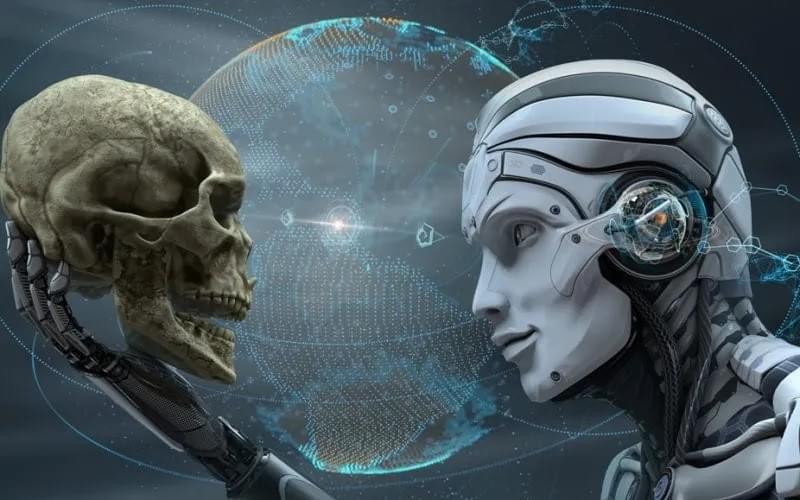
Incredible and somewhat frightening visions of the future will become a reality in the coming decades. According to futurologists, people of the future will gain immortality and will live in the body of a machine. Dr. Ian Pearson predicts that a person will be able to transfer his mind into a computer and one day he will go to a funeral where his previous biological body will be buried. Like anomalien.com on Facebook To stay in touch & get our latest news Cyborgization has some good sides. Let us take into account that we will be able to exchange each of…